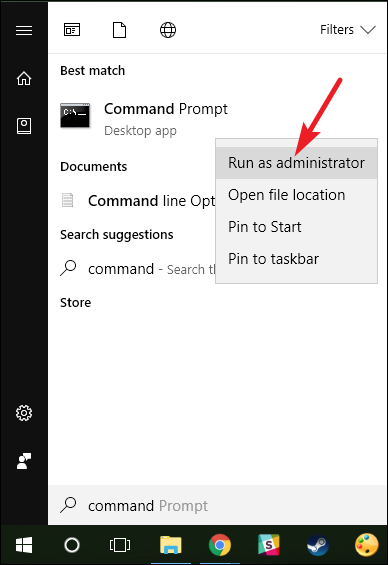If you hear loud clicking and wirrs occasionally, you may have a hard drive issue. These issues happen naturally and they happen to every hard drive after a while, and you can't stop them. You can, however, delay them. The first thing you should do is open the Windows search bar, and type
cmd
Right click on "command prompt" and click open as administrator. There might also be an option on the side.

You will the get a prompt asking if you want this to make changes to your system. Click yes. Once the black window appears, click into it and type
sfc /scannow
This doesn't directly help with any hard drive problems, but it checks system files for corruption and replaces them with cached versions if it detects them, which could help depending on what files are corrupted, if they are. The next thing to type is
CHKDSK /f
This will scan your disk for any issues, and fix them if it can. This may require a restart.
DO NOT DO THE NEXT THING ON AN SSD. ONLY DO IT ON AN HDD/HARD DRIVE.
SSDs or "Solid State Drives" are better that HDDs (Hard drives) in almost every way. While consumer grade SSDs are usually the same size as an HDD, SSDs can be up to 100 terabytes with current technology. They can also read and write info much faster, and thus are better for intense activity, like gaming. The one downside with an SSD is that they have a limited amount of times they can be written too. The next command, called defragmentation, involves a lot of writing and rewriting. The problem that this solves also rarely occurs on SSDs due to Windows and the SSD having software to reduce it. What defragmentation does, is that it sorts files on the actual disk itself (it won't reorganize your folders, don't worry) into more efficient patterns. The command to activate it is below. If you have an SSD, you can actually change what drives it defragments by ending the command with the name of the drive.
defrag
Here is an example of targeting it to a specific drive. Let's say your C: drive is an SSD and your D: drive is a regular hard drive, you'd want to type
defrag D: